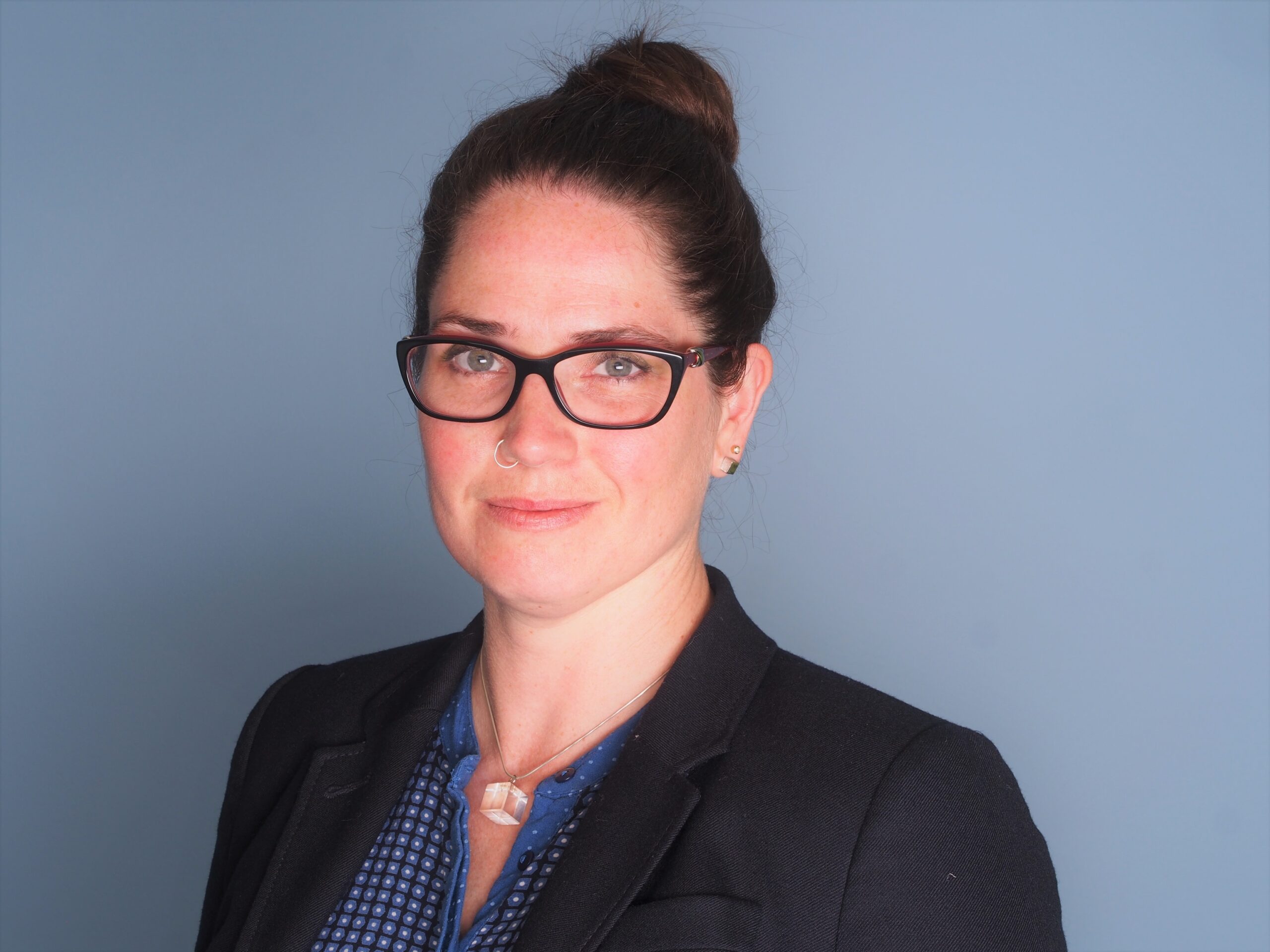Bridget Stirling didn’t expect to find herself at the centre of a battle for queer rights when she stood up for her students. Now, as Edmonton’s public schools become an arena for a fierce political war, she’s standing her ground.
The Edmonton Public School Board trustee had a simple mission: send a letter to the province affirming the board’s support for gay-straight alliances (GSAs). That mission would set into motion a chain of events that exploded into a social issue so fiery it divided the city, influenced the results of an election and carried on long after as a wedge issue that may continue to dominate local politics.
“Alberta can be a weird place sometimes,” Stirling says, referring to Edmonton’s progressive pockets amid a region of right-wing social conservatism. “This city and this province are seen as very conservative, but I think that’s changing.”
The issues of GSAs is quickly becoming a larger queer-rights issue, and interestingly, Edmonton, a city not necessarily known for being progressive, is leading the charge.
At a board meeting in September 2017, Stirling introduced a motion to move up the discussion about writing the letter of support for GSAs to the province. A unanimous vote was needed to waive notice for the motion, but, the vote was not successful.
However, before the discussion could happen at a following meeting, the provincial government introduced and passed Bill 24, which made it illegal for schools to out students in GSAs.
The bill, which was picked up by the religious and political right as a platform issue, launched Edmonton into a passionate political war over the privacy of students and the right of parents to know what their children are doing in school.
“It became a framing issue,” Stirling explains, “where the conservatives argued that parents were being cut off from their children. But in reality, the bill is meant to protect students’ privacy and safety.”
Part of the problem, she says, is that much of our culture views children as property, rather than as human beings with their own rights and needs separate from their family unit.
Those opposed to the bill took charge of this cultural view, rallying supporters to their cause with scare tactics, making many parents believe their children were being recruited into homosexuality by GSAs, or that physical danger would not be reported home.
The opposition was led by Jason Kenney, the head of the United Conservative Party (UCP), a recently-formed union between Alberta’s Wild Rose and Conservative parties.
According to Stirling, Kenney’s “inflammatory” opposition to Bill 24 resonated with many of his supporters across Alberta, launching him to a position of social power and the leader of the anti-GSA army.
Regressive anti-LGBT groups like Parents For Choice in Education and Campaign Life joined Catholic school leaders (Catholic schools are funded publicly in the province) to begin programs of propaganda and political lobbying to prevent the bill from passing.
Stirling believes that her opponent, Tyler Duce, who was in the trustee race at the time, was backed by these groups, as well as the UCP, and that he wasn’t the only one.
Donna Trimble, executive director of Parents for Choice, was and continues to be one of the most vocal opponents to the bill, waging a campaign of dog-whistle messaging and outright homophobia for months. In an op-ed for the Calgary Sun, Trimble argued that the NDP was taking state control of children and forcing pornography and sexually-graphic material on five-year-olds.
As these groups campaigned against Bill 24 and GSAs in schools, the municipal election of Edmonton’s school board trustees was taking place. Stirling, and many of her fellow trustees, believe it was a defining issue for the results of the election.
Shelagh Dunn, newly-elected trustee for Ward C, shocked many when she took the seat from its incumbent, Orville Chubb. Dunn says her opponent’s hesitation to taking a side on the bill cost him the election.
“He wasn’t openly opposed to or in favour of it,” she explains, “he just didn’t have a clear position. But, what we saw was that every candidate gained support if they supported the bill.”
Dunn says while campaigning, an overwhelming majority of people were supportive of Bill 24. When she was canvassing, about “80 percent” of people were in support.
Despite the numbers, Dunn and Stirling both found it surprising that some candidates did not vocally back the bill. Dunn says she was the only candidate in her ward to sign a pledge from advocacy group Support our Students (SOS).
SOS’s Barbara Silva helped create and distribute that pledge. She says the bill, and GSAs in general, were a “proxy argument” for the religious right, and argues that the position was “manufactured” for political purposes.
“All of this rhetoric is strategically used to undermine confidence in the public system in order to then turn around and promote ‘choice’ or privatization, in education, which can be religious-based, inequitable, and circumvent sex education,” Silva explains.
Specifically, Silva contests those on the right used the bill as a tool to strike fear into parents over “government overreach” into schools, hiding children from their parents under a shroud of secrecy. As a result, municipal debates, media punditry and internet forums became the base camps for opposing armies.
While the opposition to the bill seemed loud, it may be true that it represents a small, but vocal minority.
But, as the city’s schools become a battleground for queer freedom, Stirling believes a day of reckoning may be on the horizon for the religious right, which will have to answer to a growing number of people who recognize the importance of privacy for LGBT kids.
“I’m interested to see what happens in the upcoming provincial election,” Stirling ponders over her coffee in the early winter months. “Will the UCP [United Conservative Party] include a repeal of the bill in their platform, or have we finally moved past this?”
Now it’s June; the UCP voted to include anti–Bill 24 measures in their platform by a narrow margin in May.
The new platform includes reinstating opt-in parental consent of any topics of “religious or sexual nature.” This would eliminate the effects of Bill 24, returning Edmonton to a system of outing LGBT kids and youth.
However, Stirling is cautiously hopeful about what comes next. She believes it could be a defining moment for queer rights in the city, and that progress comes slowly but surely.
“What happens here could represent a shift in who Edmonton is.”


 Why you can trust Xtra
Why you can trust Xtra


